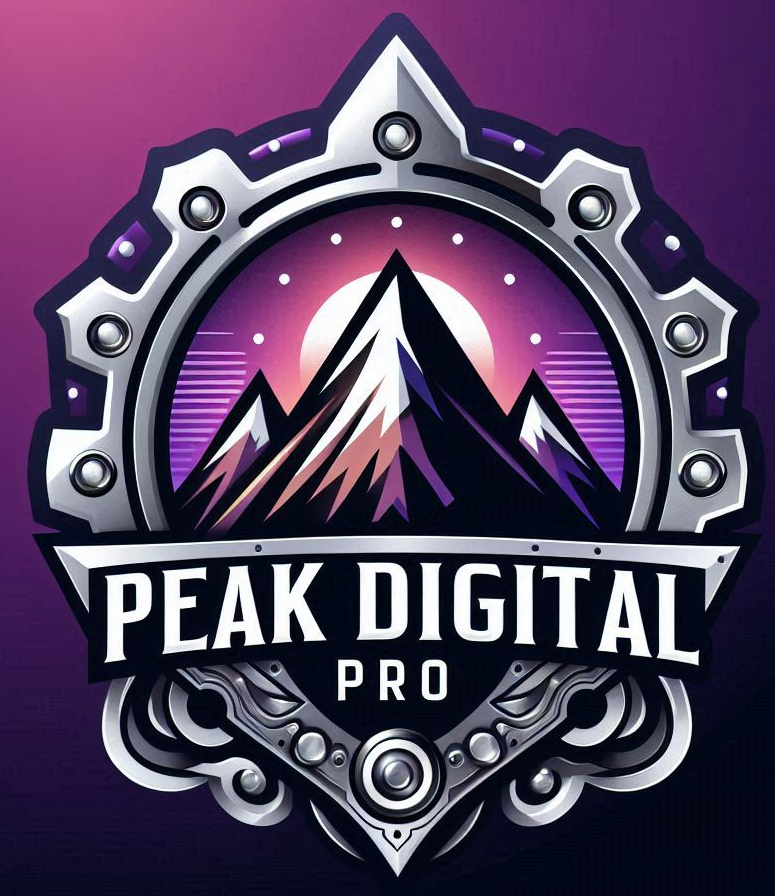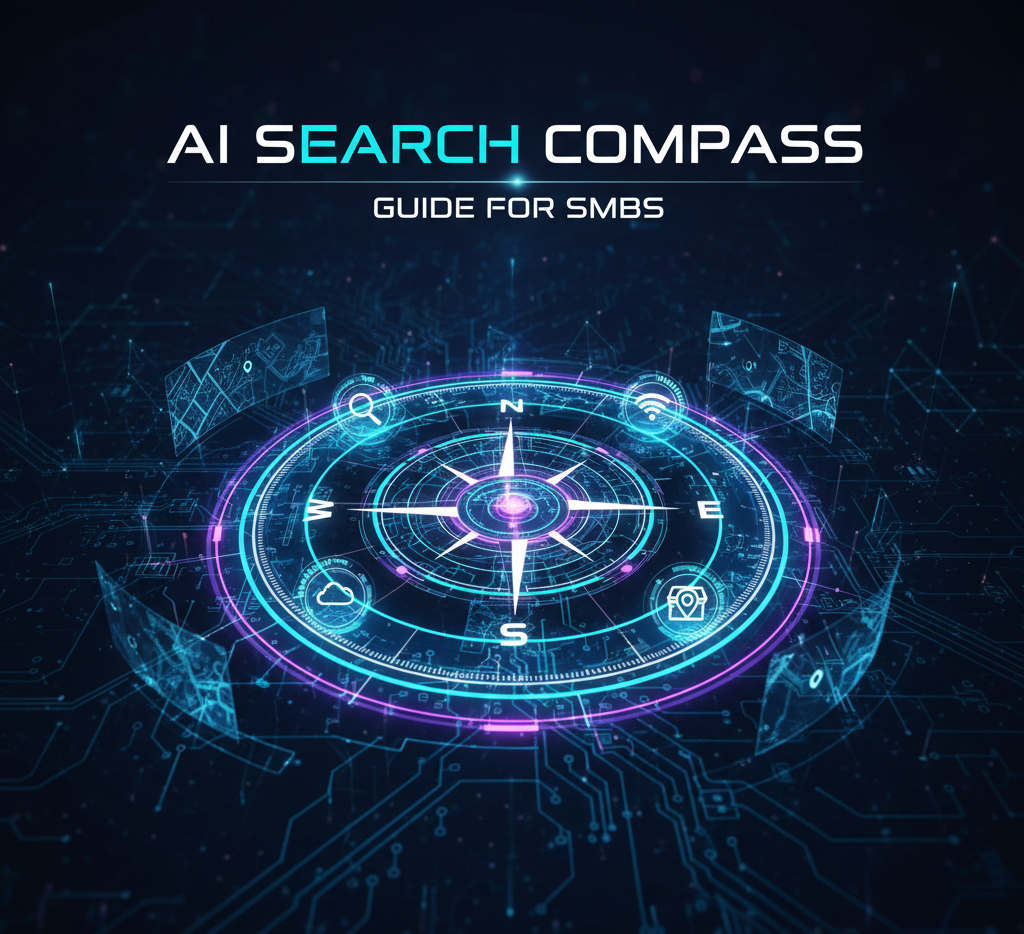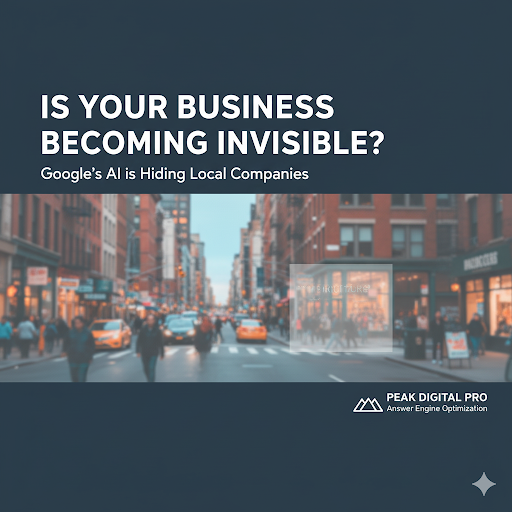Local Event Marketing Strategies for Colorado Businesses 2025
Local event marketing in Colorado is rapidly changing. Nearly 65 percent of Colorado businesses now use outdoor venues for their biggest community events . Most people think digital advertising grabs all the attention. Turns out, some of the most powerful marketing right now is happening face to face under the open sky, thanks to a fresh focus on outdoor experiences and personalized community connections.
Table of Contents
Quick Summary
| Takeaway | Explanation |
|---|---|
| Embrace hyper-personalization in events | Focus on creating unique experiences tailored to individual audience members to enhance engagement. |
| Utilize Colorado’s landscapes as venues | Leverage the state’s natural beauty to create memorable event settings that resonate with locals. |
| Plan events well in advance | Begin preparations 2-6 months prior to ensure all logistics and partnerships are in place. |
| Engage the community in planning | Involve diverse community voices during the planning process for inclusive and effective events. |
| Implement data-driven promotion | Utilize measurable metrics and analytics to refine marketing strategies and improve future event outcomes. |
Understanding Local Event Marketing Trends
Local event marketing has transformed dramatically, becoming a critical strategy for Colorado businesses seeking meaningful community connections and sustainable growth. The evolving landscape demands innovative approaches that go beyond traditional advertising methods.
Emerging Trends in Community Engagement
Colorado businesses are witnessing a significant shift in event marketing strategies. Discover advanced local marketing techniques that focus on creating immersive, personalized experiences. According to Smart Cities Dive , hyper-personalization and interactive content are becoming paramount in engaging local audiences.
The state’s unique landscape provides extraordinary opportunities for businesses to design events that resonate deeply with local communities. Outdoor-focused experiences have gained tremendous traction, particularly in Colorado, where natural settings offer unparalleled marketing platforms. The Colorado Governor’s Office emphasizes the growing significance of outdoor recreation events that showcase local businesses and foster community connections.
Strategic Event Design for Maximum Impact
Successful local event marketing in 2025 requires a multifaceted approach. Businesses must now consider several critical elements:
- Wellness Integration : Events that incorporate health and wellness components attract broader audiences
- Unique Venue Selection : Leveraging Colorado’s distinctive landscapes as event backdrops
- Community-Centric Storytelling : Creating narratives that authentically represent local experiences
According to Destination Colorado , meeting and event trends highlight the importance of creating holistic experiences that go beyond traditional marketing approaches. Businesses that understand and implement these nuanced strategies will effectively differentiate themselves in a competitive market.
The key to successful local event marketing lies in understanding the intricate balance between professional presentation and genuine community connection. By crafting events that feel both professional and intimately local, Colorado businesses can create memorable experiences that translate directly into brand loyalty and sustained growth.
Planning Your Local Event in Colorado
Planning a successful local event in Colorado requires strategic preparation, comprehensive understanding of community dynamics, and meticulous attention to detail. Businesses must navigate a complex landscape of logistical challenges and audience expectations to create memorable experiences.
Comprehensive Event Strategy and Audience Alignment
Effective event planning begins with a clear understanding of your target audience and event objectives. Learn advanced local marketing techniques that help refine your approach. According to the Colorado Department of Public Health and Environment , successful events start by identifying who will be impacted, who needs information, and potential community concerns.
Businesses should develop a strategic framework that includes:
- Audience Profiling : Understanding demographic characteristics and preferences
- Purpose Definition : Clearly articulating event goals and expected outcomes
- Community Partnership : Collaborating with local organizations to enhance event credibility
Logistical Considerations and Timeline Management
Timing and preparation are critical components of event success. The University of Colorado Boulder’s Center for Student Involvement recommends planning events two to six months in advance. This timeline allows for comprehensive preparation, including:
- Securing appropriate venues
- Developing detailed budgets
- Arranging necessary permits and insurance
- Creating marketing and communication strategies

To help visualize and organize essential planning tasks, the following table summarizes key logistical considerations and recommended timeframes for local event preparation in Colorado:
| Task | Recommended Timeframe | Notes |
|---|---|---|
| Secure Venue | 2-6 months before event | Allows access to preferred locations |
| Develop Budget | 2-5 months before event | Factor in venue, marketing, and contingencies |
| Arrange Permits & Insurance | 1-4 months before event | Must meet city/county requirements |
| Create Marketing Plan | 1-3 months before event | Coordinate across channels and partners |
| Confirm Vendors & Partnerships | 1-2 months before event | Ensure reliability and community support |
| Launch Promotions | 1 month before event | Begin social, email, and local outreach |
| Final Logistics & On-site Prep | 1-2 weeks before event | Confirm all details and contingency plans |
Budgeting requires careful consideration of multiple expense categories, including venue costs, marketing, security, technical equipment, and potential contingency funds. Businesses must anticipate potential challenges and build flexibility into their planning process.
Community Engagement and Inclusive Planning
True event success extends beyond logistical excellence. The Colorado Department of Local Affairs emphasizes the importance of inclusive, transparent planning that represents diverse community perspectives. This approach involves:
- Soliciting community input during planning stages
- Ensuring accessibility for all potential participants
- Creating opportunities for meaningful interaction
- Representing multiple community voices
By adopting a holistic approach that balances strategic planning, logistical precision, and genuine community connection, Colorado businesses can design local events that not only achieve marketing objectives but also contribute positively to the local social fabric. The key lies in viewing events not merely as marketing opportunities, but as platforms for authentic community engagement and relationship building.
Promoting Events to Reach Your Audience
Effective event promotion requires a strategic multi-channel approach that resonates with target audiences and maximizes visibility across digital and traditional platforms. Colorado businesses must develop comprehensive marketing strategies that cut through the noise and create genuine audience engagement.
Digital Marketing Channels and Strategies
Explore advanced local marketing techniques that amplify event reach and impact. According to research from the National Institutes of Health , combining social media, local media, and stakeholder partnerships yields the highest engagement rates when content is carefully tailored to community demographics and interests.
Key digital promotion strategies include:
- Targeted Social Media Campaigns : Creating platform-specific content that speaks directly to different audience segments
- Email Marketing : Developing segmented email lists with personalized event invitations
- Interactive Digital Advertisements : Designing engaging ads that provide immediate event information and registration options
The next table provides a summary of event promotion channels and their roles to help you organize your marketing approach:
| Promotion Channel | Purpose | Example Activities |
|---|---|---|
| Social Media | Drive awareness & engagement | Event posts, paid ads, hashtag campaigns |
| Email Marketing | Personalized invitations & updates | Targeted email blasts, RSVP requests |
| Local Media Outlets | Broaden event visibility | Press releases, local radio interviews |
| Community Partnerships | Boost credibility & attendance | Cross-promotion, joint giveaways |
| Neighborhood Organizations | Reach grassroots community members | Flyers, word-of-mouth, community calendars |
Leveraging Local Media and Community Partnerships
Successful event promotion extends beyond digital platforms. Local businesses must cultivate strong relationships with community media outlets, regional publications, and neighborhood organizations. Strategic media partnerships can dramatically expand event visibility and credibility.
Effective community engagement approaches involve:
- Collaborating with local news stations for event coverage
- Partnering with community centers and local nonprofits
- Developing cross-promotional opportunities with complementary businesses
Measuring and Optimizing Promotion Efforts
Data-driven promotion requires continuous measurement and refinement. Businesses should implement robust tracking mechanisms to understand audience response and adjust strategies accordingly. Key performance indicators to monitor include:
- Registration or ticket sales conversion rates
- Social media engagement metrics
- Audience demographic reach
- Cost per audience acquisition
By adopting a holistic, adaptive approach to event promotion, Colorado businesses can create marketing campaigns that not only attract attendees but also build long-term community connections. The goal transcends simple event attendance transforming each promotional effort into an opportunity for meaningful audience interaction and brand storytelling.
Measuring Event Success and ROI
Measuring event success and return on investment (ROI) is a critical component of local event marketing strategies for Colorado businesses. A systematic approach to evaluation enables organizations to understand their event’s true impact, refine future marketing efforts, and demonstrate tangible business value.
Comprehensive Metrics and Performance Indicators
Discover advanced ROI tracking methods that provide nuanced insights into event performance. According to the University of Colorado , effective ROI measurement requires a multifaceted approach that goes beyond simple financial calculations.
Key performance metrics businesses should track include:
- Quantitative Financial Metrics : Direct revenue generated, cost per attendee, total event expenses
- Engagement Metrics : Social media interactions, attendee feedback scores, networking connections
- Brand Impact Indicators : Media mentions, brand sentiment analysis, long-term lead generation
Advanced Analytical Techniques
Modern event marketing demands sophisticated analytical approaches. A groundbreaking study on causal machine learning demonstrates the potential of advanced statistical techniques in understanding event marketing effectiveness. Predictive analytics can help businesses:
- Identify precise customer segments most likely to engage
- Predict potential future revenue from event interactions
- Understand the nuanced impact of different marketing strategies
Strategic Interpretation and Future Planning

Successful ROI measurement is not just about collecting data but interpreting it strategically. Businesses must:
- Establish clear, measurable event objectives before implementation
- Create benchmarks for comparison across different events
- Develop adaptive strategies based on analytical insights
By adopting a holistic approach to event success measurement, Colorado businesses can transform raw data into actionable intelligence. The goal extends beyond mere number crunching transforming event analytics into a powerful strategic tool for continuous improvement and market positioning.
Frequently Asked Questions
What are the current trends in local event marketing for Colorado businesses?
Local event marketing in Colorado is increasingly focusing on outdoor venues and hyper-personalization, which emphasizes creating unique experiences tailored to individual audience members. Businesses are also engaging local communities through storytelling and immersive experiences that resonate with local culture.
How can Colorado businesses effectively plan their local events?
Successful event planning includes a comprehensive strategy that defines event goals, profiles the target audience, and establishes community partnerships. It is beneficial to begin preparations 2 to 6 months in advance to account for logistics and ensure a smooth execution.
What digital marketing strategies should Colorado businesses use for event promotion?
Effective digital marketing strategies include targeted social media campaigns, personalized email marketing, and interactive advertisements. Businesses should tailor their content to different audience segments to maximize engagement and reach.
How can businesses measure the success of their local events?
Businesses can measure event success by tracking quantitative financial metrics such as revenue generated, as well as engagement metrics including social media interactions and attendee feedback. Using predictive analytics can also help in understanding customer segments and refining future marketing strategies.
Ready to Make Your Colorado Event Stand Out?
Do you feel overwhelmed navigating the fast-changing world of local event marketing? If choosing the right digital channels, measuring ROI, and making your outdoor celebration a true community magnet seems complicated, you are not alone. Many Colorado businesses struggle to blend authentic local experiences with modern marketing and advanced analytics. The good news is that you do not have to guess what works. At Peak Digital Pro , we help you turn every event marketing challenge into your advantage. Our team understands how to leverage hyper-personalization, target the right audiences, and build real community buzz for your brand.

Take the guesswork out of your next campaign. If you want coaching on data-driven promotion or wish to build a bulletproof outreach plan with expert guidance, now is the time. Discover how Colorado’s leading digital marketing firm can help by visiting Peak Digital Pro today. Use our advanced web development solutions to maximize impact and reach your business goals with your next big event.
Recommended
-
[
Level Up Your Local Business: How to Thrive in the Age of AI Search and Smarter Customer Interactions
-
[
Digital Branding for SMBs in Colorado: 2025 Success Guide
]( https://peakdigital.pro/2025/07/23/digital-branding-for-smbs-colorado-2025 )
-
[
Digital Marketing for Startups: 2025 Guide for US Business Owners
]( https://peakdigital.pro/2025/07/12/digital-marketing-for-startups-2025-guide-us-colorado365aa210 )
-
[
Digital Marketing for Startups: 2025 Guide for US Business Owners
]( https://peakdigital.pro/2025/07/12/digital-marketing-for-startups-2025-guide-us-colorado )







